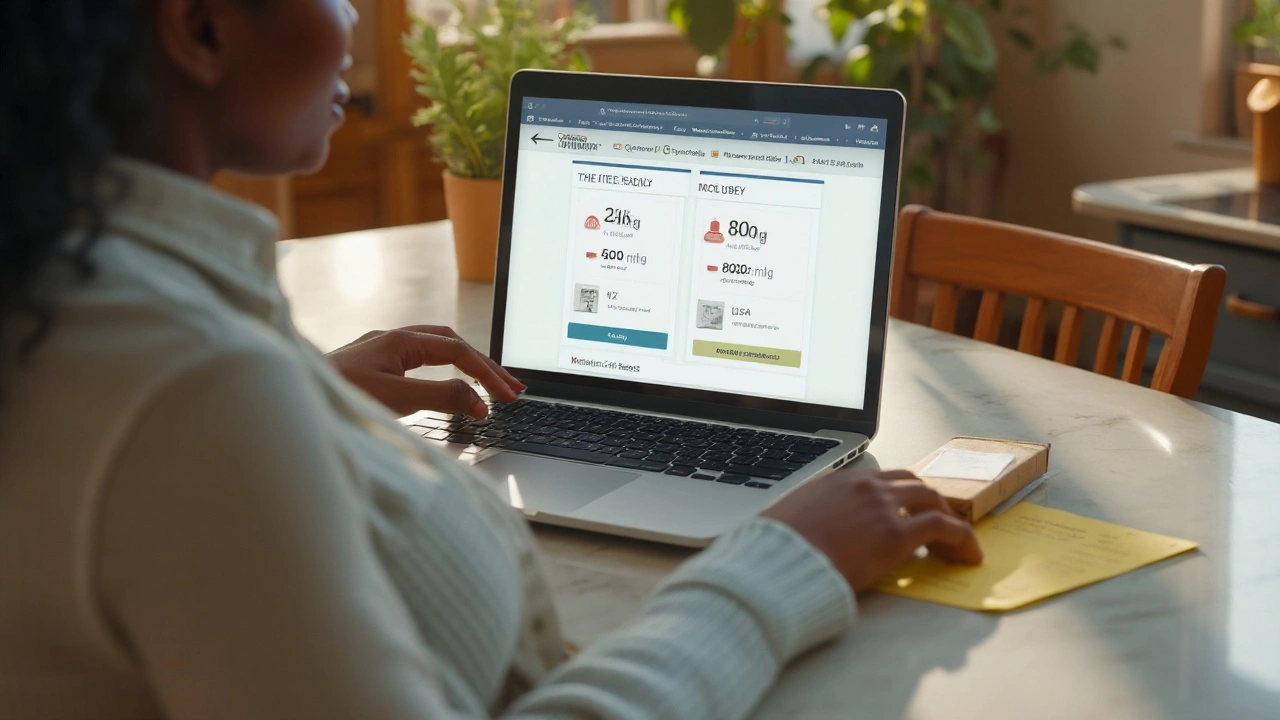Prenatal Vitamins: What You Need to Know
Thinking about a baby? Your body will need extra nutrients fast, and prenatal vitamins are the easiest way to cover the gaps. They’re not magic pills, but they do help you hit the daily targets for vitamins and minerals that support fetal growth and keep you feeling good.
Most doctors recommend a prenatal vitamin from the moment you find out you’re pregnant, and even before you try to conceive. Why? Because early weeks are critical for the baby's brain and spine, and you might not get enough folic acid, iron, or iodine from food alone.
Why Prenatal Vitamins Matter
Folic acid is the star of the show. A daily 400‑600 mcg dose cuts the risk of neural‑tube defects like spina bifida. If you’re planning a pregnancy, start the supplement now—those first weeks happen before you even know you’re expecting.
Iron is another big player. Pregnancy boosts blood volume by about 50 %, and iron helps carry oxygen to both you and the baby. Low iron can cause fatigue, headaches, and a higher chance of preterm birth. A good prenatal vitamin includes 27 mg of iron, which is more than a typical multivitamin.
DHA, the omega‑3 fatty acid, builds the baby’s brain and eyes. Not all prenatal formulas have DHA, so look for the ones that do if you don’t eat a lot of fish. Calcium and vitamin D team up to keep teeth and bones strong, while iodine supports thyroid function and metabolism.
Choosing the Right Prenatal Vitamin
First, check the label for the core nutrients: folic acid, iron, calcium, vitamin D, iodine, and DHA if possible. The amounts should match the Recommended Dietary Allowances for pregnant women. Too much vitamin A (as retinol) can be harmful, so stick with beta‑carotene sources instead.
Second, consider your diet and health conditions. If you’re vegetarian, you might need a B12 boost. If you have anemia, a higher‑iron formula can save you a lot of extra appointments. Some brands offer “once‑daily” chewables, which are easier on a queasy stomach.
Third, watch for additives. Artificial colors, sweeteners, or extra herbs can cause stomach upset. A clean‑label product with minimal fillers is usually the safest bet.
Lastly, talk to your doctor. They can suggest a brand that fits your medical history and may add separate supplements—like extra calcium or vitamin D—if the prenatal vitamin doesn’t cover enough.
Bottom line: prenatal vitamins are a simple, affordable way to fill nutritional gaps, reduce risks, and support a healthy pregnancy. Pick a formula with the right nutrients, start early, and keep the conversation open with your health provider. You’ll feel more confident, and your baby will get the building blocks it needs right from the start.

How and Where to Buy Folic Acid Online Safely (2025 NZ & Global Guide)
Safe, legit ways to buy folic acid online in 2025. Dosage picks, NZ vs global stores, prices, delivery, and what to avoid-especially if you’re pregnant or trying.